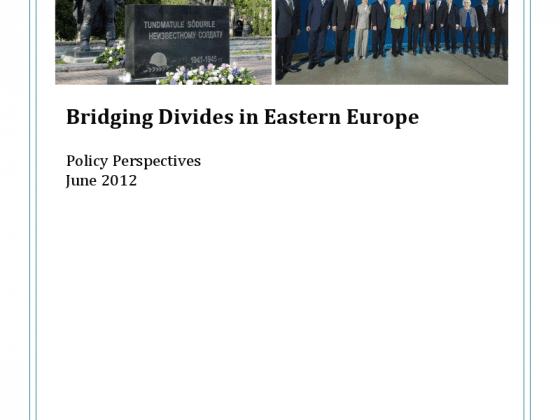Over the course of the last several years, the United States government and private US foundations have allocated funding to support the development of a women's movement in Russia. These funds are intended to foster the development of a civil society and a market economy. Although the funding brings important benefits to the emergent women's movement, it also creates unexpected side effects. This paper analyzes the impact of foreign funding on the internal dynamics of the Russian women's movement. The analysis suggests that Russia's current economic infrastructure makes social movements receptive to foreign funding, and that foreign funds provide essential support for the Russian women's movement. However, without certain safeguards, the foreign funding itself may undermine the goals that motivate its provision in the first place.
International influences, including funding, affect a social movement's incentive structure. They affect the movement's relationship to the state and the population, sometimes legitimizing movement demands in the eyes of officials, while alienating the movement from the population at the same time. Foreign funding is particularly important, in that it affects inter-group relationships, and helps explain why women's groups in Moscow do not collaborate more with each other, even when they have similar goals and strategies. It also helps to explain why groups do not engage in membership-building as a priority. […]









